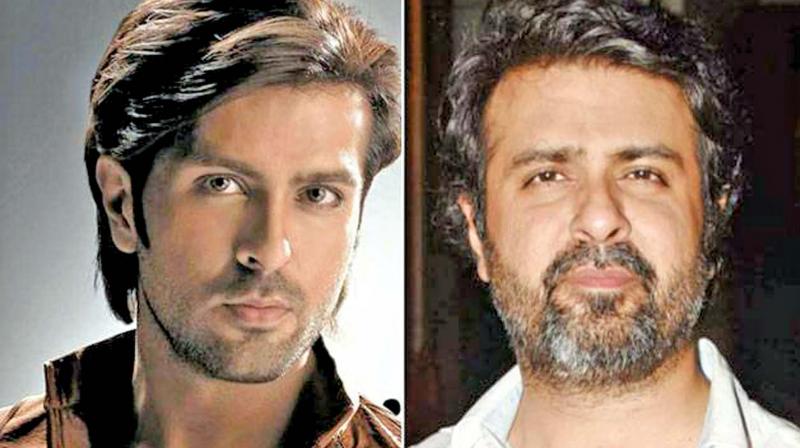Male body-shaming: An elephant in the room?
Why do we tend to sweep it under the rug when men are shamed for their looks?

While women are most often subjected to shaming for their physical appearances, it would be unfair if we swept the bashing faced by men for their looks or skin colour under the rug when talking of the issue. A recent case was that of a picture showing a young dark-skinned man seated with a fair-skinned woman in the gallery of India-South Africa match, who happened to fall prey to tweeple’s ruthless and unreasonable attacks and trolls — all for his skin colour! In another episode, it was actor Harman Baweja’s turn to face the mean trolls, as his recent pictures showed him with a few added kilos.
Closer home too, we’ve seen cases that showed racism ingrained within us, like that of director Atlee’s, whose skin colour made him the butt of many memes and trolls, when he got married to his wife Priya, a popular TV actress.
What these instances point to is the larger picture of body shaming that is often skirted around, irrespective of the gender. Is it silenced more so in the case of men for the reason that our patriarchal setup expects a man to hide his emotional front?
Actor Vishal believes that while ridiculing based on skin colour has been rampant on the Internet, his skin colour has worked to his advantage in films. “Appearance has never been a criteria for an actor in the cinema industry at all,” he says.
Popular author and television writer Arpit Vageria says it is unfortunate that in this day and time, our society still believes in the images of a ‘perfect’ body colour and structure.
“We’ve all seen some of the most popular figures in our society like Shobhaa De fat-shame a policeman in the recent past. It’s a sorry state to have people look down upon others for the way they look. Sadly our society still judges people based on their bodies and not on their talent.”
Equal rights activist Harish Iyer believes that the fact that such memes go viral on Twitter is perfect proof of how men are victims of their own patriarchy and sexism. “So, when it comes to something like body shaming, the same rules that apply to women also apply to men. Men are body shamed very casually,” he says.
Elaborating on his point, Harish adds, “The men’s fairness cream ad starring Shah Rukh Khan shows a model applying a women’s fairness cream while dancing to Pari Hoon Mein. Again, this can be thought of as an instance of casual sexism against men.”
Actress Neetu Chandra says while the whole world is talking about bigger issues, it is unfortunate that India cannot move past its ‘obsession’ with being fair.
“I’ve always been very proud of my skin colour. But, I feel that it’s sad to still be made fun of, for being dark-skinned. I’m personally very attracted to tall and dark men and I believe that a man must be judged for his substance and not by his skin colour at all. It is silly to think that a fair man is ahead of a dark-skinned male just because of his skin,” she quips.
Sorabh Pant of East India Comedy thinks it is a simple case of privilege. “Today, everyone has a voice with the Internet and social media. And, people believe that they can comment on anything and everything,” he explains.
The comedian also points out how he faces casual body shaming on a regular basis — “My Facebook mentions are filled with people mocking me with bald jokes and gaps between my teeth. After a point, I am like, ‘Guys, enough, let’s move past this’, but no, they don’t.”
He, however, urges people to look at the bright side. “When so many people were mocking the guy in the meme, I am sure many people stood up against this kind of humour. That is just how social media works — the good and the bad. We need to concentrate on the right side.”
Even though the extent to which women are shamed isn’t quite comparable to what men go through, it must still not be ignored and there’s a need for sensitisation, says Nritijuna Naidu, the programme manager at Chennai-based Schools of Equality, that is working on addressing the inequalities related to gender, class etc right from schools. “Whether it’s bullying or being subject to shaming, it’s most often faced by women, but is definitely prevalent among men too. Most often, men don’t talk about it, since it points to the aspect that is deep-rooted in our patriarchal society that men can’t display their emotions. We need to sensitise not just peer groups but also adults,” she believes.
(With inputs from Pooja Salvi)

